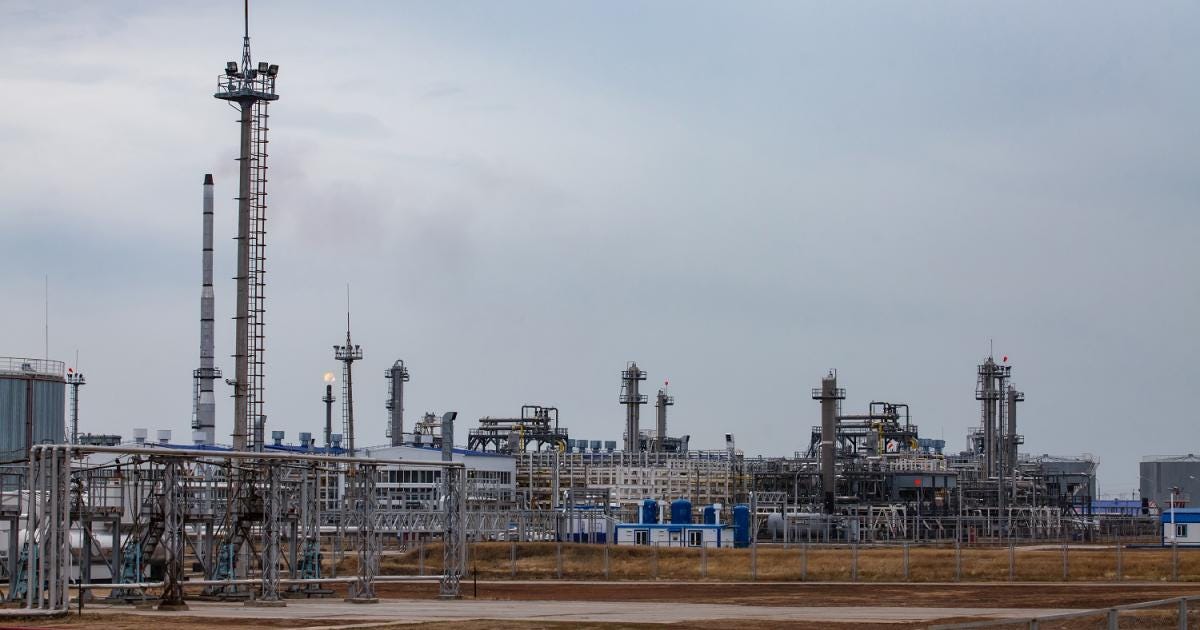Kazakhstan Opens Pipeline for Exploration: New Rules Woo Investors with Simpler Permits and Tax Breaks
In a bid to revitalize its oil and gas sector, Kazakhstan has cracked open a welcome mat for investors with streamlined exploration rules and lucrative tax incentives. President Tokayev's newly signed legislation aims to unlock $450 million annually in exploration investments by slashing red tape and offering potential tax breaks for mature fields. This seismic shift in regulations could reshape the landscape for both domestic and foreign players, promising shorter application lifecycles, eased data access, and extended licenses for thorough appraisal work. Buckle up, explorers – the Kazakh frontier beckons with a simplified playbook and the promise of lucrative rewards.
Kazakhstan rules to boost private investment in oil and gas exploration
Kazakhstan’s President Kassym-Jomart Tokayev has signed legislation designed to simplify rules and regulations governing oil and gas licensing, with the bill published at a governmental website at the end of December.
The amendments, approved by the Kazakh parliament last month and set to go into effect in March, apply to oil and gas blocks acquired in auctions or in direct lease negotiations with government authorities.
Under the amended rules, authorities will no longer have the right to impose fines on Kazakh or foreign explorers that opt out of acreage after they have conducted initial seismic data gathering.
The amendments also require authorities to extend the term of an exploration licence if the operator needs to conduct additional appraisal work.
The amendments reduce the amount of paperwork potential investors are required to submit in periodic oil and gas lease sales, and also shorten the time from application to start of exploration by eight to 12 months.
The amendments envisage future tax breaks for producers that operate mature and depleting oilfields, but details about the size and type of concessions will be spelled out in subsequent legislation.
The Kazakh government has welcomed the approval of the amendments, saying they “will give an additional impetus to investments in geological hydrocarbon exploration" that authorities hope to reach at least 200 billion tenge ($450 million) per year.



